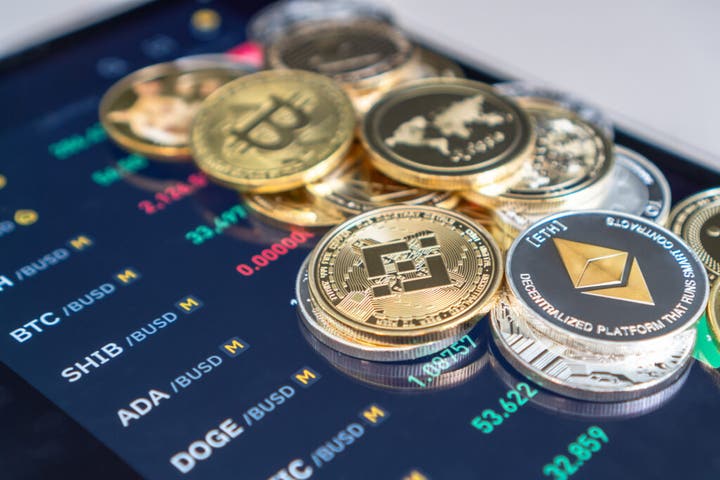The Venezuelan government, in a significant shift in strategy, has embraced cryptocurrency as a means to navigate the crushing economic restrictions imposed by the United States. Facing severe limitations on dollar access due to sanctions, President Nicolás Maduro’s administration is now betting heavily on digital currencies pegged to the U.S. dollar to sustain its struggling economy—an approach that could serve as a template for other sanctioned nations seeking alternative financial pathways.
Since June, the adoption of USDT, commonly known as Tether, has surged in the country, according to reports from multiple sources. This move allows private sector businesses to exchange their bolivars for Tether, facilitating transactions in an environment where traditional dollar flows have become nearly impossible to access. This pivot highlights a strategic evolution in how certain authoritarian regimes might utilize decentralized finance to sidestep sanctions.
The increasing reliance on cryptocurrency has not emerged from a desire for innovation but rather from a necessity born of desperation. Venezuela’s economy, already weakened by decades of mismanagement, has been further devastated by U.S. sanctions that have systematically eroded its access to foreign currencies. As oil revenues plummeted and conventional banking routes became obstructed, many companies were left on the brink of collapse, forced to either adapt to the digital currency landscape or shut their doors.
A pivotal moment occurred recently when the U.S. Treasury Department issued a limited license to Chevron, permitting restricted oil exports but barring payments to the Venezuelan government. This action exacerbated the financial turmoil, effectively tightening the noose around the country’s dollar inflows and accelerating the government’s adoption of crypto solutions.
Several business leaders have expressed a grim pragmatism regarding the situation. “When one operation closes, others open,” one individual remarked, reflecting the urgent need for change amid the dire economic circumstances.
The state-run oil company, PDVSA, has reportedly been ramping up its use of digital currency. This transition began last year, as the reliability of traditional payment systems significantly declined. Currently, a select group of banks is authorized to sell USDT to privately-owned enterprises for local bolivars, but only those with government-sanctioned digital wallets can engage in this marketplace. Once businesses acquire Tether, they have the option to either sell it on secondary markets or utilize it for transactions with domestic and international suppliers.
Overall, while this cryptocurrency pivot presents a complex blend of opportunity and constraint, it underscores the lengths to which a government will go to preserve its economic foundation amidst crippling sanctions. As Venezuela continues to experiment with digital currencies, the global implications of such moves could resonate far beyond its borders, potentially shaping the future of economic interactions between sanctioned nations and the rest of the world.







